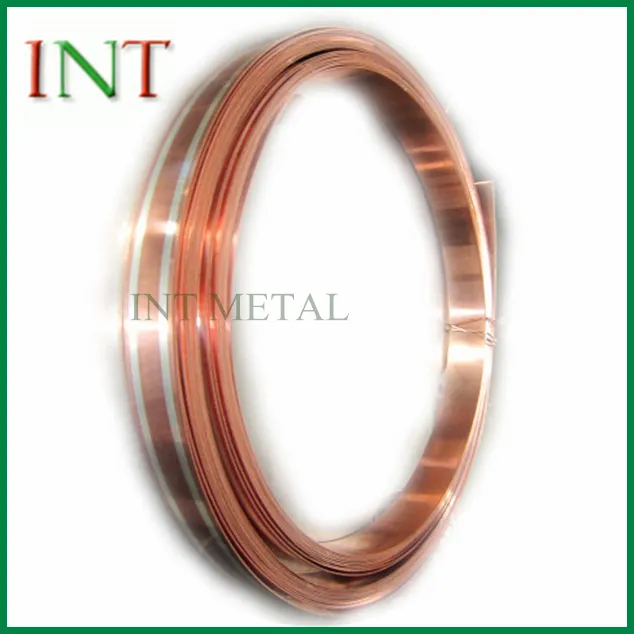Information about Silver Onlay Bronze Strips
2024-07-28
A silver onlay bronze strip is a decorative and functional element often used in various applications, including furniture, architectural details, and crafts. Here's a detailed overview of what a silver onlay bronze strip is, its uses, and considerations:
Key Features:
1. Material Composition:
- Bronze Base: The strip is made of bronze, a durable and corrosion-resistant alloy primarily composed of copper and tin, and sometimes with other elements like aluminum or phosphorus.
- Silver Onlay: Features a silver overlay or inlay on the bronze base. The silver can be applied as a thin layer, inlays, or decorative patterns.
2. Appearance:
- Finish: Combines the warm, rich tones of bronze with the bright, reflective quality of silver. The contrast between silver and bronze can create a visually striking effect.
- Designs: Available in various designs, including geometric patterns, floral motifs, or custom engravings.
3. Dimensions:
- Size and Thickness: Can vary based on application needs. Typically measured in terms of width, length, and thickness.
- Customization: Often customizable to fit specific design requirements or project dimensions.
Applications:
1. Interior Design:
- Furniture Accents: Used as decorative elements on furniture pieces such as cabinets, tables, or headboards.
- Architectural Details: Applied to walls, ceilings, or moldings to add a touch of elegance and sophistication.
2. Crafts and Art:
- Custom Artwork: Used in artistic projects and crafts to create unique and visually appealing pieces.
- Jewelry: Incorporated into jewelry designs for a distinctive look.
3. Historical Restoration:
- Restoration Projects: Used in the restoration of historical buildings or furniture to replicate original decorative elements.
4. Gifts and Awards:
- Personalized Gifts: Can be used in the creation of custom awards, plaques, or decorative gifts.
Benefits:
1. Aesthetic Appeal:
- Visual Contrast: The combination of silver and bronze creates a sophisticated and eye-catching appearance.
- Versatility: Can be used in a wide range of design styles, from traditional to contemporary.
2. Durability:
- Long-Lasting: Bronze provides durability and strength, while the silver onlay enhances the visual appeal without compromising structural integrity.
3. Customizability:
- Tailored Designs: Allows for customization to meet specific design needs and preferences.
Considerations:
1. Cost:
- Material Costs: Silver onlay increases the cost compared to plain bronze due to the value of silver.
- Fabrication: Custom designs and high-quality finishes may also add to the overall cost.
2. Maintenance:
- Cleaning: Regular cleaning may be required to maintain the appearance of the silver and bronze. Use appropriate cleaning solutions for each metal to avoid damage.
- Oxidation: Both bronze and silver can oxidize over time. Regular maintenance and appropriate care can help prevent and manage tarnishing.
3. Design Integration:
- Compatibility: Ensure the design and finish of the silver onlay bronze strip complement the overall aesthetic of the project or space.
Installation:
1. Preparation:
- Surface Preparation: Ensure the surface where the strip will be applied is clean and smooth.
- Measurement: Measure and cut the strip to the required size if necessary.
2. Application:
- Adhesive: Use an appropriate adhesive for attaching the bronze strip to the surface, or use mechanical fasteners if required.
- Alignment: Carefully align the strip to ensure a precise and aesthetically pleasing placement.
3. Finishing:
- Sealing: Consider applying a protective coating to prevent tarnishing and maintain the appearance.
Popular Sources:
- Metal Supply Companies: Provide bronze and silver onlay strips in various designs and sizes.
- Custom Fabricators: Offer tailored solutions for specific design needs and applications.
Silver onlay bronze strips can add a touch of elegance and sophistication to a variety of projects, blending the classic appeal of bronze with the lustrous quality of silver.



